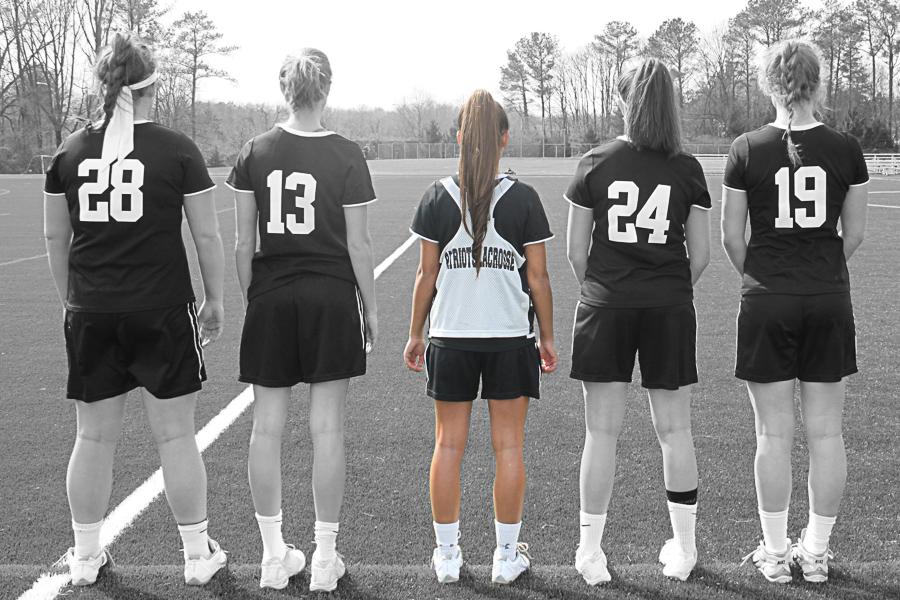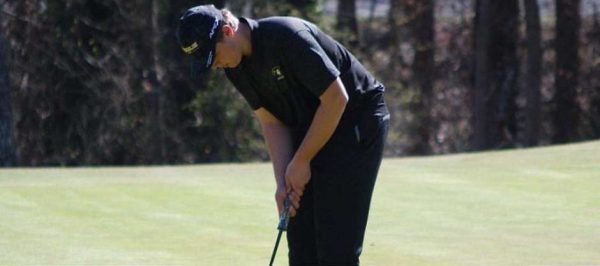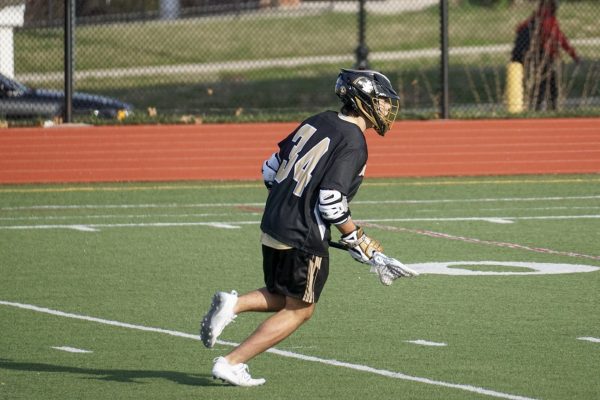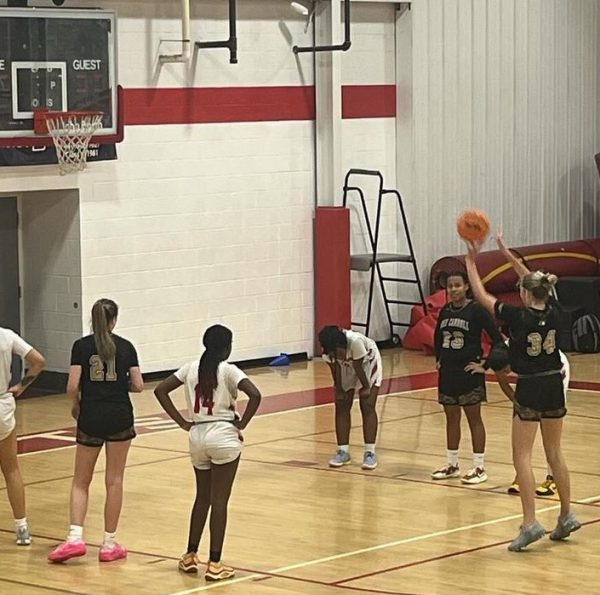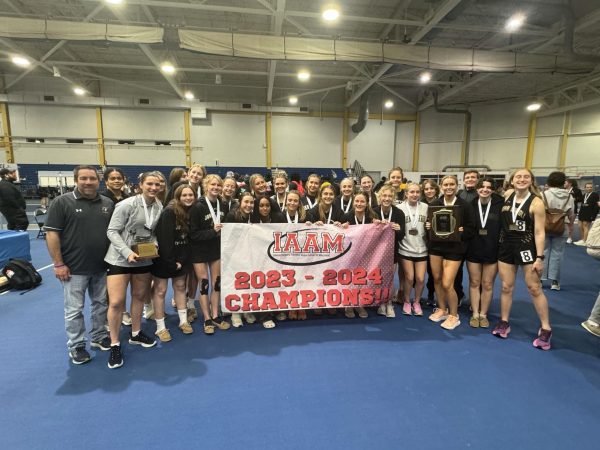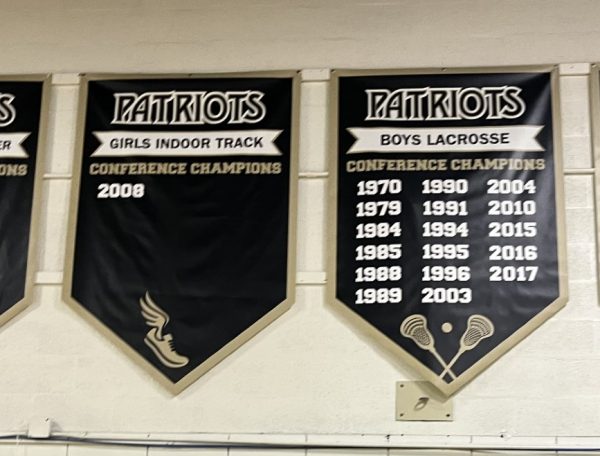Coaches should choose varsity based on talent
According to Athletic Director Larry Dukes, coaches are “not encouraged to carry seniors just because they are seniors.” Most upperclassmen on varsity are selected based on talent and leadership, not because of class level.
April 4, 2014
Coming into JC, many freshmen face the anxiety of trying out for a sport. The pressure to make it onto a varsity team can be a lot to handle, especially if you can’t pass as well as Peyton Manning or can’t dunk like Kareem Abdul Jabbar.
Varsity teams are often built around a core group of seniors. For some students, it may seem like playing on varsity is just another senior privilege, but this is not true.
“Coaches are not encouraged to carry seniors just because they are seniors,” Athletic Director Larry Dukes said. “That said, many of us, as we fill out our bench, would rather have underclassmen play all the time at the JV level than sit on the bench on the [varsity level].”
Being chosen to play on the varsity level requires skill, leadership, and experience, which seniors almost always excel in, especially when compared to underclassmen. Naturally, a lot of coaches look to the seniors as the leaders of the team. It is not because of their class that seniors get chosen, but it is the accumulation of qualities that make for great varsity players.
According to varsity basketball center and volleyball middle blocker Ashley Hunter, a junior, seniors are treated differently because “coaches want to reward the seniors for their loyalty. Seniors are normally very talented, show great leadership skills, and really deserve to be in the game.”
As the oldest students in the school, seniors have a lot of influence over juniors and underclassmen. Junior and varsity offensive tackle Jake Kahoe believes that seniors should have certain privileges on the team, as they are “more like the leaders of our teams.”
Having a varsity team full of seniors concentrates the leadership of the entire sport program onto the varsity level and gives JV players the incentive to work harder to make varsity.
Obviously, skill plays a major part in being chosen to play on varsity. Letting seniors play simply because they are seniors only leads to a disorganized team with unfair privileges.
“If a senior is completely terrible at a sport, then they probably do not deserve a varsity position,” senior varsity field hockey player Kirsten Kyburz said. “A team is a team and everybody should be treated equally.”
Coaches are aware that varsity is for the best players, regardless of grade level.
“I have been playing basketball my whole life and I can honestly say that my skill did help me make varsity basketball, as well as my natural athleticism,” said Hunter. Hunter was chosen to play on varsity basketball and varsity volleyball her freshman year.
The factors that influence a coach’s decision of who will and will not play varsity are not about class, but about who will be the most effective in giving the team the best chance of winning and possibly placing at championships. Leadership, loyalty, and skill are all factors that influence a coach’s decision when forming a team, which most seniors demonstrate effectively.
A team depends on everyone’s hard work, regardless of their class. Varsity is the strategic placement of the best athletes onto a specific team, which guarantees the best chance for the team to have a successful season and longevity.
Billy Jump is a Copy Editor for The Patriot and jcpatriot.com.



